Phonics skills development Phonics Worksheets for Ages 4-9
7 filtered results
-
From - To
Welcome to our Phonics Skills Development resources for children aged 4-9! Our carefully crafted phonics worksheets are designed to enhance foundational reading skills through engaging, age-appropriate activities. Each worksheet features fun exercises targeting letter recognition, sound associations, word blending, and decoding skills, laying a strong groundwork for literacy. Ideal for home or classroom use, these phonics activities cater to diverse learning styles and help Foster a love for reading. Encourage your child's confidence in reading with our interactive, printable worksheets that make phonics practice enjoyable and effective. Start your child's literacy journey today with our phonics skills development tools!
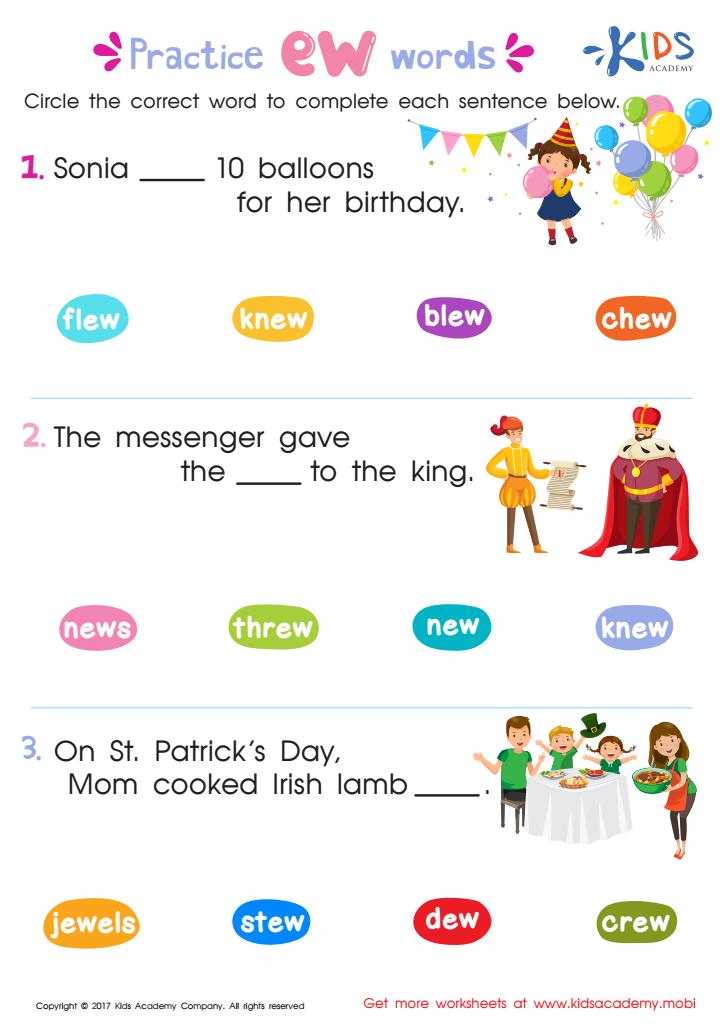

EW Words Worksheet
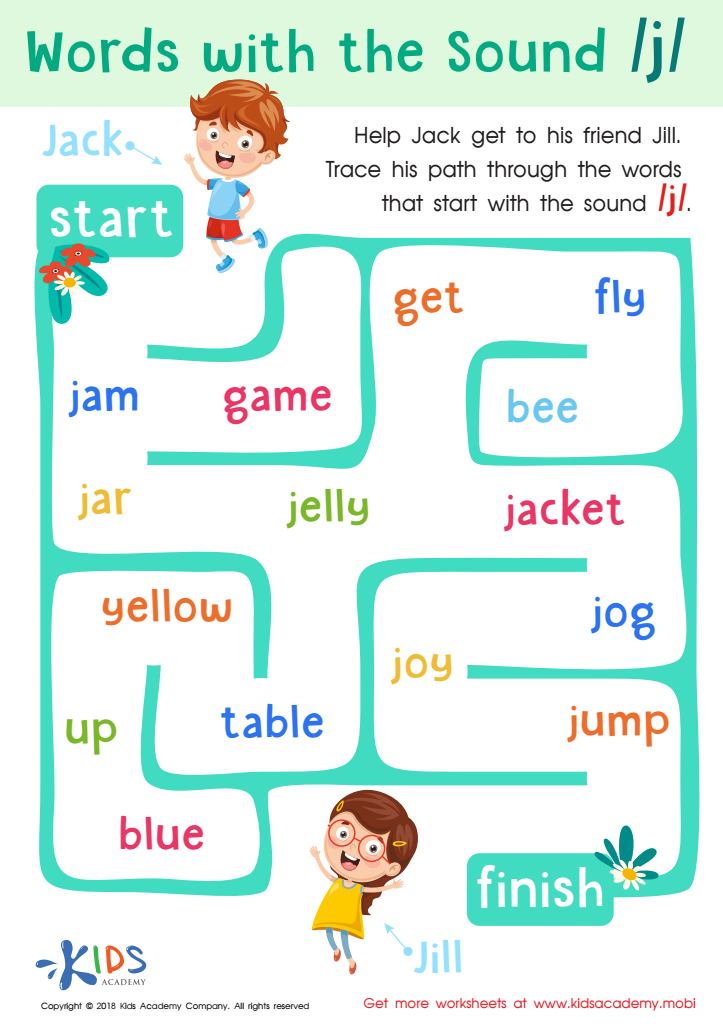

Words with sound j Reading Worksheet
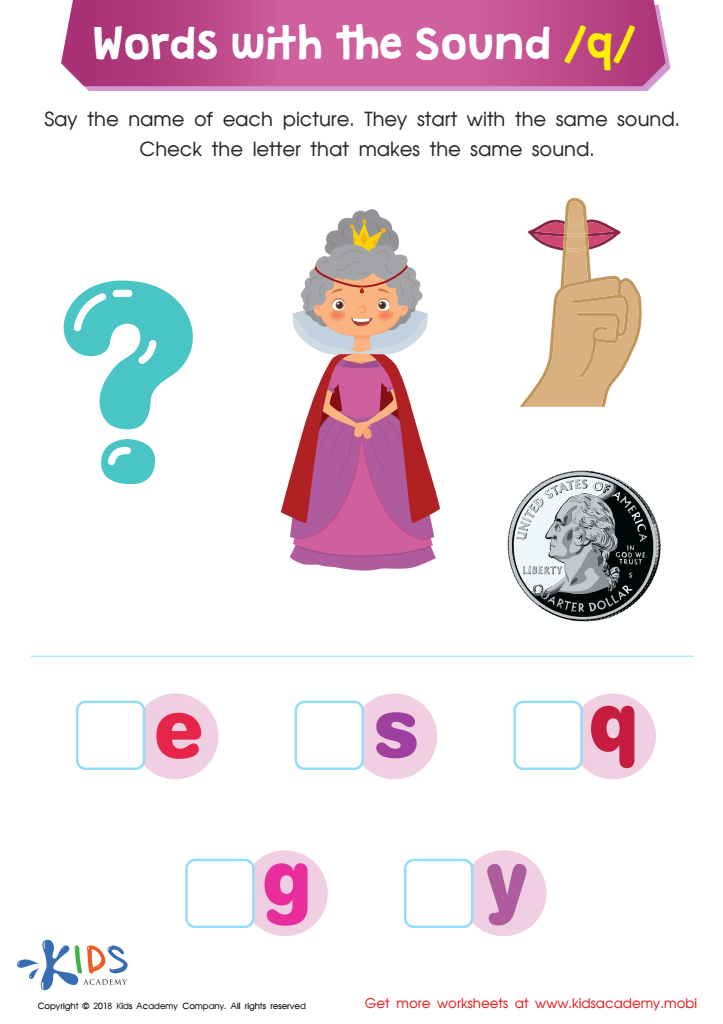

Words with Sound Q Reading Worksheet
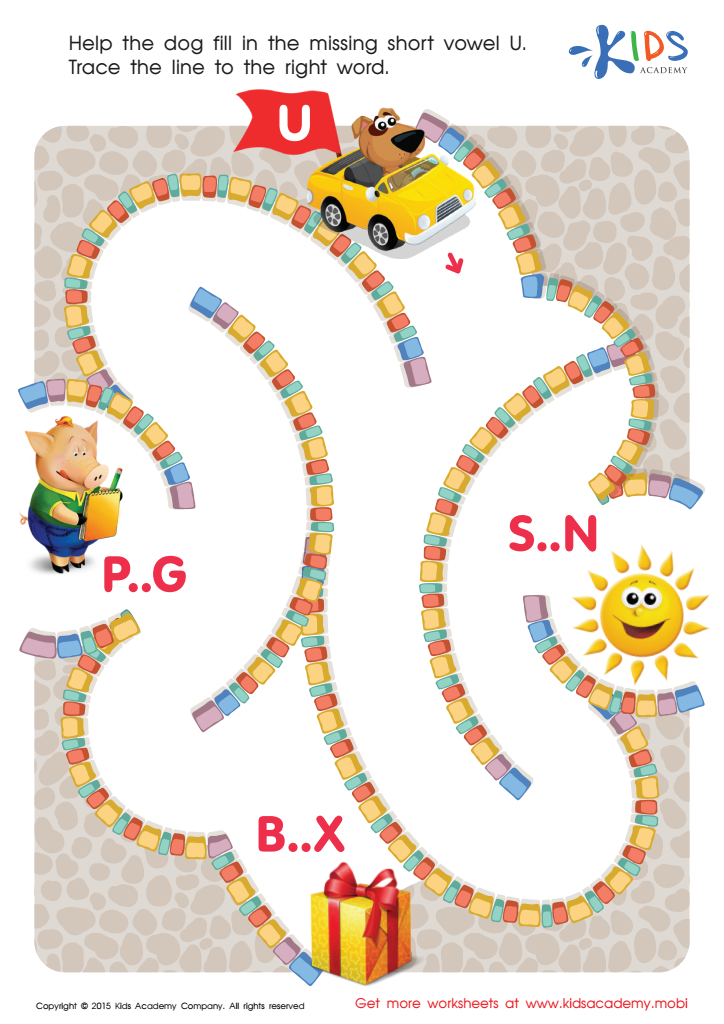

Short Vowel Sound U Worksheet
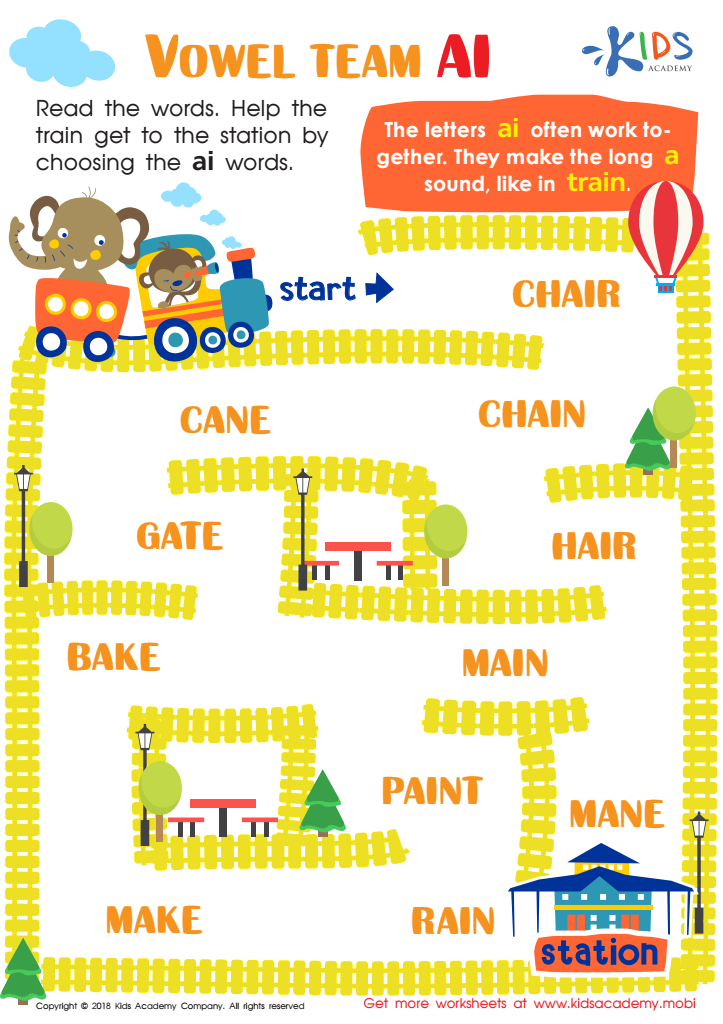

Vowel team ai Worksheet
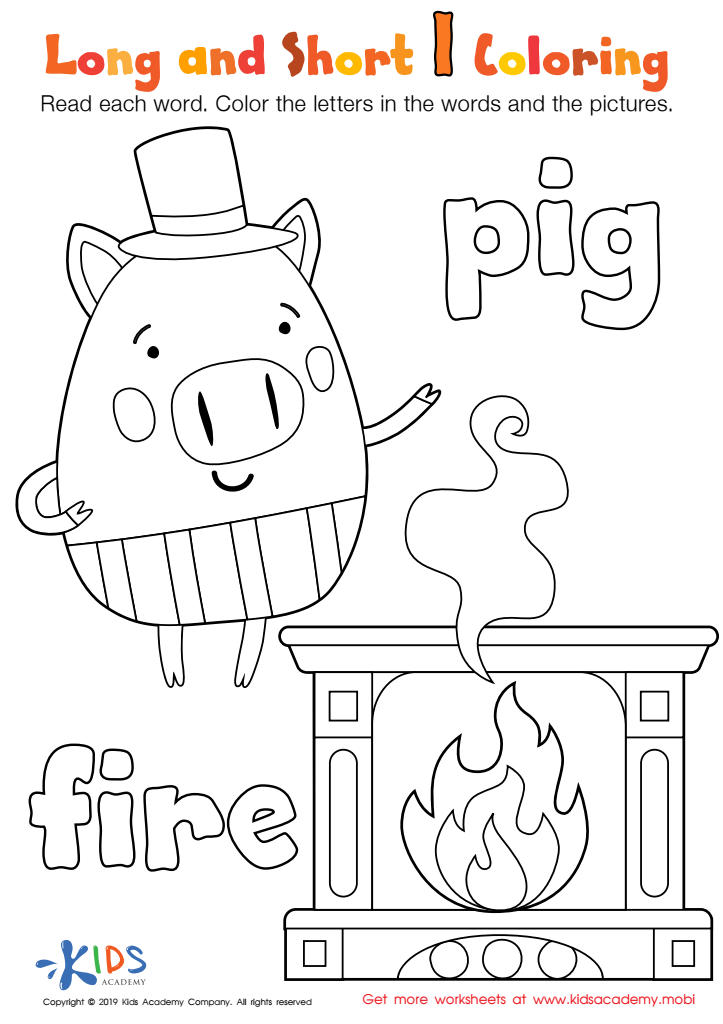

Long and Short I Worksheet
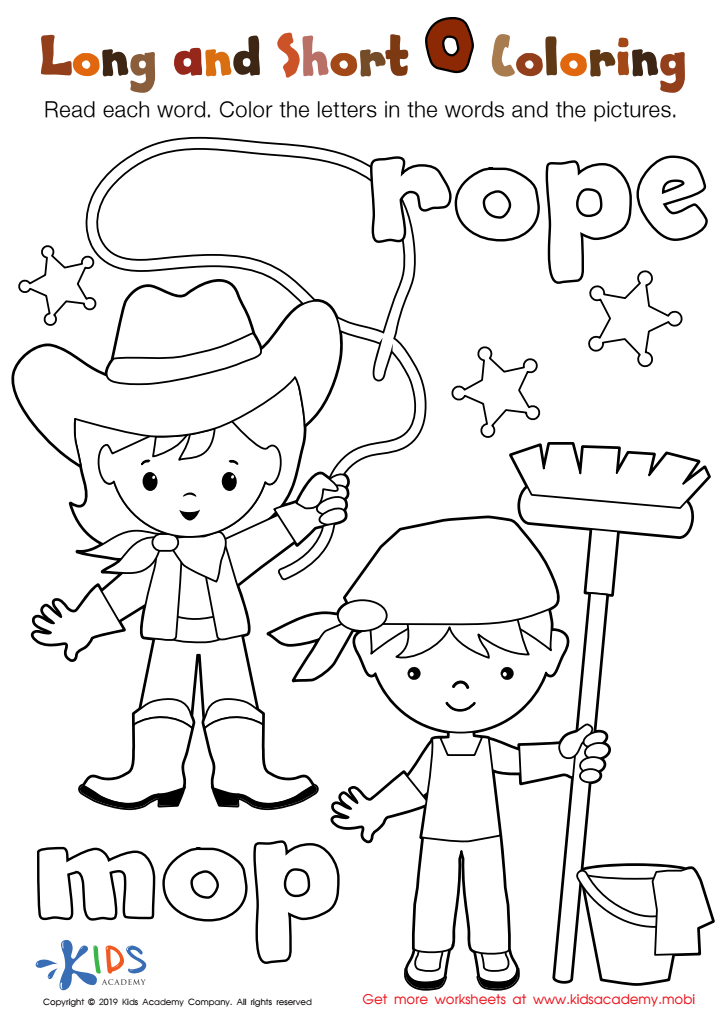

Long and Short O Worksheet
Phonics skills development is crucial for children aged 4-9, as it lays the foundation for reading and writing proficiency. During these formative years, kids acquire the essential ability to connect sounds with letters, enabling them to decode words. This foundational skill significantly enhances their literacy, which is vital for overall academic success.
Teachers and parents should care about phonics because it fosters cognitive development and boosts confidence. Children who develop strong phonics skills find reading less daunting and are more likely to enjoy it. This engagement encourages them to explore a wider range of texts, enriching their vocabulary and comprehension skills.
Moreover, early phonics instruction can address learning difficulties before they impact a child's self-esteem. Snapshots of success in reading can motivate children and provide a sense of achievement. Additionally, phonics is instrumental in promoting effective communication skills, allowing children to express their thoughts more clearly through writing.
Investing in phonics education not only benefits literacy but also equips children with critical thinking and problem-solving skills. Ultimately, by nurturing phonics development, parents and teachers contribute significantly to a child's educational journey and lifelong learning potential.
 Assign to My Students
Assign to My Students



















